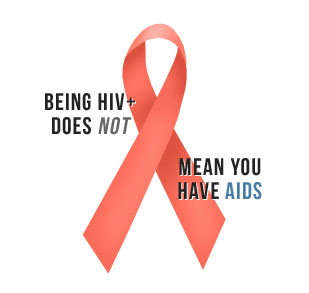NEW YORK, Nov. 14 (UPI) — Those with HIV are living normal lifespans and their doctors should aim on preventive care for heart disease, diabetes and osteoporosis, U.S. researchers say.
The Human Immunodeficiency Medicine Association of the Infectious Diseases Society of America updated its HIV care guidelines to include recommendations for screening for diabetes, osteoporosis and colon cancer. The guidelines suggested patients with HIV infection should be vaccinated against pneumococcal infection, influenza, varicella and hepatitis A and B.
A table outlining interactions between specific anti-retrovirals and statins — the medications commonly used for lipid management — is also included. There also is a more robust section on sexually transmitted diseases, including a recommendation for annual screening of trichomoniasis in women and yearly screening for gonorrhea and Chlamydia for all who might be at risk.
“In many HIV practices now, 80 percent of patients with HIV infection have the virus under control and live long, full lives. This means that HIV specialists need to provide the full spectrum of primary care to these patients, and primary care physicians need a better grasp of the impact HIV care has on routine healthcare,” lead author Dr. Judith A. Aberg, director of the Division of Infectious Diseases and Immunology at the New York University School of Medicine, said in a statement.
“Doctors need to tell their HIV-infected patients, ‘Your HIV disease is controlled and we need to think about the rest of you.’ As with primary care in general, it’s about prevention.”
Reflecting changes in the HIV landscape, the guidelines noted patients whose HIV is under control should have their blood monitored for levels of the virus every six to 12 months, rather than every three to four months as previously recommended.
Primary Care Guidelines for the Management of Persons Infected with Human Immunodeficiency Virus, an update on HIVMA’s 2009 guidelines, are scheduled to appear in print in January’s Clinical Infectious Diseases.
© 2013 United Press International, Inc. All Rights Reserved. Any reproduction, republication, redistribution and/or modification of any UPI content is expressly prohibited without UPI’s prior written consent.






